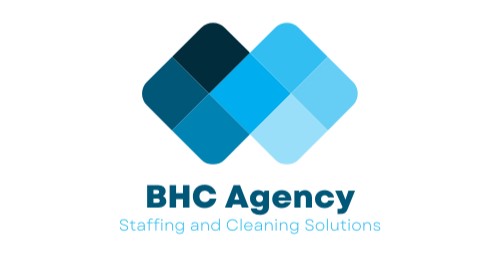In the dynamic world of recruitment and human resources, communication stands as a cornerstone of successful operations. Whether it’s guiding a candidate towards improvement or assisting an employee in maximising their potential, the ability to give constructive feedback is an invaluable skill. For professionals at BHC Agency, specialising in healthcare and hospitality staffing solutions, mastering this art can significantly enhance team performance and client satisfaction.
The Importance of Constructive Feedback
Constructive feedback is not just about pointing out what needs improvement; it’s about fostering a culture of growth and continuous development. For recruiters and HR managers, delivering feedback effectively can lead to better hiring decisions. Besides that, it can also improve employee performance, and increase retention rates.
Here are some key reasons why constructive feedback is essential:
- Promotes Growth and Development: Constructive feedback provides individuals with clear insights into their strengths and areas for improvement, enabling them to develop their skills and enhance their performance.
- Boosts Morale and Engagement: When feedback is delivered positively, it can motivate employees, making them feel valued and appreciated. This, in turn, boosts their engagement and loyalty to the company.
- Enhances Communication: Regular and constructive feedback fosters open communication within the team, promoting a culture of transparency and trust.
Best Practices for Giving Constructive Feedback
To ensure that your feedback is both effective and well-received, consider the following best practices:
- Be Specific and Objective: When giving feedback, focus on specific behaviours or outcomes rather than generalisations. Objective feedback is more actionable and less likely to be perceived as a personal attack. For example, instead of saying, “You’re not performing well,” try, “I’ve noticed that the reports have been submitted late over the past month, which impacts our project timelines.”
- Use the “Sandwich” Approach: This technique involves sandwiching constructive criticism between positive comments. Start with something positive, address the area for improvement, and end on a positive note. This approach helps in cushioning the impact of the criticism and reinforces the individual’s value.
- Be Timely: Provide feedback as close to the event as possible. Timely feedback is more relevant and easier for the individual to relate to specific actions or behaviours. Delayed feedback might lose its impact and relevance.
- Focus on Behaviour, Not Personality: Address specific behaviours rather than personal traits. This helps in avoiding defensiveness and makes it clear that the feedback is about performance, not the person. For instance, say, “I noticed that there were several errors in the data entry,” rather than, “You’re careless.”
- Encourage Two-Way Communication: Create an environment where feedback is a dialogue, not a monologue. Encourage the individual to share their perspective and discuss potential solutions. This collaborative approach fosters mutual respect and understanding.
- Provide Actionable Suggestions: Along with highlighting areas for improvement, offer concrete suggestions on how to address them. This helps the individual understand what steps they can take to improve and shows your support in their development.
- Follow Up: After giving feedback, follow up to see how the individual is progressing. This shows that you are invested in their growth and provides an opportunity to offer additional guidance if needed.
Applying Constructive Feedback in Healthcare and Hospitality
For staffing professionals at BHC Agency, delivering constructive feedback is crucial in maintaining high standards in both healthcare and hospitality sectors. Here’s how it can be applied:
- Healthcare: In a high-stakes environment like healthcare, feedback can significantly impact patient care and safety. Providing constructive feedback to healthcare professionals helps ensure that they adhere to protocols, enhance their skills, and provide the best possible care.
- Hospitality: In the hospitality sector, where customer satisfaction is paramount, constructive feedback helps employees improve their service quality, handle customer complaints effectively, and create a welcoming atmosphere.
Conclusion
Incorporating constructive feedback into your communication toolkit can drive significant improvements in performance and morale within your teams. At BHC Agency, we understand the pivotal role that effective feedback plays in the success of our clients and employees alike. By adopting these best practices, recruiters and HR managers can foster a culture of continuous improvement, ensuring that our staffing solutions meet the highest standards of excellence.
Remember, the goal of feedback is not just to point out faults but to build a pathway to success. With the right approach, constructive feedback can transform challenges into opportunities for growth and development.
We hope these insights help you enhance your feedback skills and contribute positively to your team’s success. For more expert advice on recruitment and human resources, stay tuned to the BHC Agency blog.

